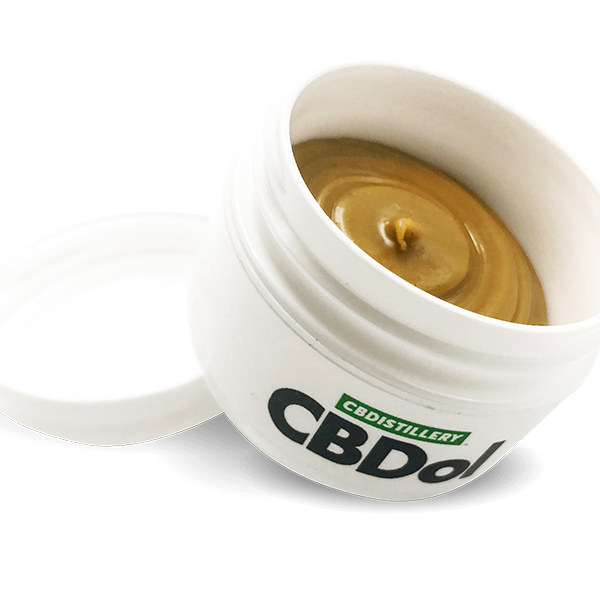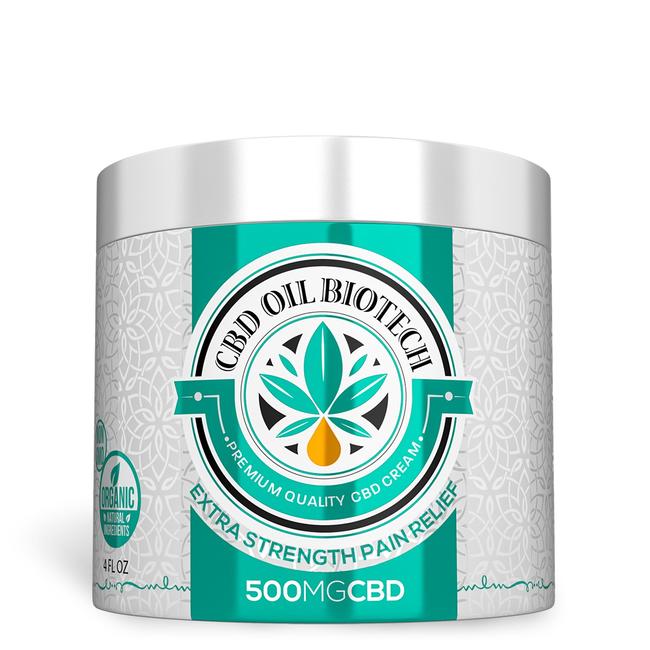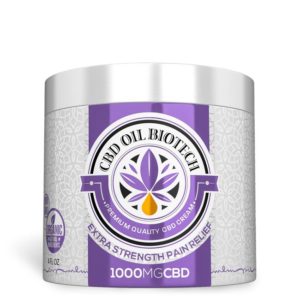Did you know that CBD can be used to treat a whole array of troublesome medical conditions? And that includes Ulcerative Colitis and Psoriasis
And that’s not all, CBD products have also been used by thousands of patients, to treat things like Graves disease, Crohn’s, and even mental issues like anxiety and depression. In our last Q & A session, many interesting questions were put forward, which deserved some great answers…
Question: I have ulcerative colitis, anxiety, and psoriasis. I just heard of CBD oil and the people at CBD testers appear very knowledgeable and trustworthy, so I’m going to approach your company first. Please help me.
CBD is an effective anti-inflammatory agent. CBD binds to the enteric glial cells that line the intestine and protect the lining from the inflammation caused by intestinal pathogens.
Taking CBD orally is the best delivery because the CBD can work directly at the location of the active colitis.
Dosage recommendation: Start with 1-2 drops sublingually every 15-20 minutes. Continue until you have pain relief. When you are stabilized, increase the interval to every 2-3 hours when needed. When you are symptom-free, then switch to an oral dose and take it twice a day for at least six weeks.
Delivery system to treat psoriasis:
In psoriasis, the skin cells are replaced every 3 to 5 days rather than the normal 30 days. The excessive and rapid growth of the epidermal layer of the skin results in itchy & scaly patches.
The most effective and efficient delivery system is CBD balm. The balm penetrates the epidermal lining and its effects extend down to the subcutaneous tissue. The CBD balm goes directly to the affected areas to reduce the itchy scaly plaques.

CBDistillery – CBDol Topical Salve (500mg)
Looking for CBD Balm? Click HERE
Question: I took amitriptyline for twenty years. The doctor switched me to mirtazapine – without tapering me off it. The reason I have been on medication is that I have insomnia. I would like to know if I can take CBD while taking mirtazapine.
Mirtazapine is metabolized in the liver mainly by the CYP2D6 and CYP3A4 isoenzymes.
Mirtazapine does not inhibit other CYP isoenzymes and, therefore, when other medications or botanicals are given with mirtazapine, the other medications or botanicals (such as CBD) are not affected. CBD is metabolized in the liver. It inhibits the metabolism of some medications broken down by Cytochrome P450 3A4 & Cytochrome P450 2C19. It is not metabolized, nor does it affect the metabolism of mirtazapine. Therefore, mirtazapine and CBD can be taken together. By the way, CBD is excellent for sleep.
Dosage recommendation: The dose used is usually 40-mg but can be as high as 160-mg. Start low, and go slow. It is possible, that the CBD may be able to replace the mirtazapine, however, this should be discussed with your health care provider.
Question: Does CBD show up on a urine employment random drug test?
Workplace drug screens check for THC. They do not check for CBD. If the urine screen comes back positive for THC, then the cannabinoid you were using THC (even if you THOUGHT you were using CBD only. This is just one of the many reasons why you need to be very diligent when you purchase CBD. At CBD Testers, the supplies you purchase are reliable. The dose, purity, and safety are assured.
Question: I have psoriasis. My doctor has me on methotrexate. Is it safe to use CBD while on methotrexate?
Methotrexate (MTX) is an anti-neoplastic anti-metabolite with immunosuppressant properties. Methotrexate selectively affects the most rapidly dividing cells (neoplastic and psoriatic cells). Methotrexate anti-tumor activity is a result of the inhibition of folic acid reductase, leading to inhibition of DNA synthesis and inhibition of cellular replication.
Renal excretion is the primary route of MTX elimination. Less than 10% of MTX undergoes hepatic elimination. When taking MTX, sometimes, the MTX dose can be lowered because MTX is a substrate of CYP450 3A4, where CBD is an inhibitor. You may wish to discuss this with your doctor. I researched THC as well for you. THC is NOT safe to take with MTX. Bottom line: Yes, you can take CBD with MTX.
Ref:
1. “In vitro-in vivo correlation for intrinsic clearance for drugs metabolized by human aldehyde oxidase.” Drug Metab Dispos. 2010 Aug;38(8):1322-1327
2. “Herbal cannabis (THC) not recommended for rheumatology patients.” ScienceDaily. ScienceDaily, 3 March 2014.
Question: I have psoriasis – inverse, plaque and guttate. Recently I’ve started to show the beginning symptoms of what is most likely psoriatic arthritis. The psoriatic arthritis I now have has also become complicated by depression and fatigue. Do you think that CBD may help me? If so, what dose?
In psoriasis, the skin cells are replaced every 3 to 5 days rather than the normal 30 days.
The excessive and rapid growth of the epidermal layer of the skin results in itchy & scaly patches. The condition may be localized or completely cover the body. In 30% of people the disease starts to involve the cartilaginous areas followed by the bone and finally the visceral organs. Psoriasis is not contagious and there is no cure for it, however, various treatments can control the symptoms. Do NOT SMOKE. Do not smoke cigarettes. Do not smoke “weed”. Do not smoke period.
The smoke created via combustion releases carcinogens and other skin-damaging radicals into the air – and will aggravate your psoriasis. CBD controls psoriasis by balancing the immune system’s response. You can use CBD lotion, CBD tinctures, or CBD soft-gels.
All will work because there are cannabinoid receptors both in the skin cells as well as in the internal organs. I would suggest starting with CBD oil and not CBD cream because your psoriasis is diffuse and has already progressed to involve your internal organs.
Begin with 5-mg twice a day and slowly taper it up.
You will initially feel a “lightening” of your depression. It will feel as if a cloud has lifted.
As you taper up you’ll then notice a “tingly” sensation on your skin, and the patches will begin to fade. Following that, the achiness will lessen.
Looking for CBD Balm? Click HERE
Ref:
1. “Cannabidiol exerts sebostatic and anti-inflammatory effects on human sebocytes” J Clin Invest. 2014 Sep 2; 124(9): 3713–3724.
2. Cannabinoid system in the skin – a possible target for future therapies in dermatology. Exp Dermatol. 2009;18(8):669–679.








